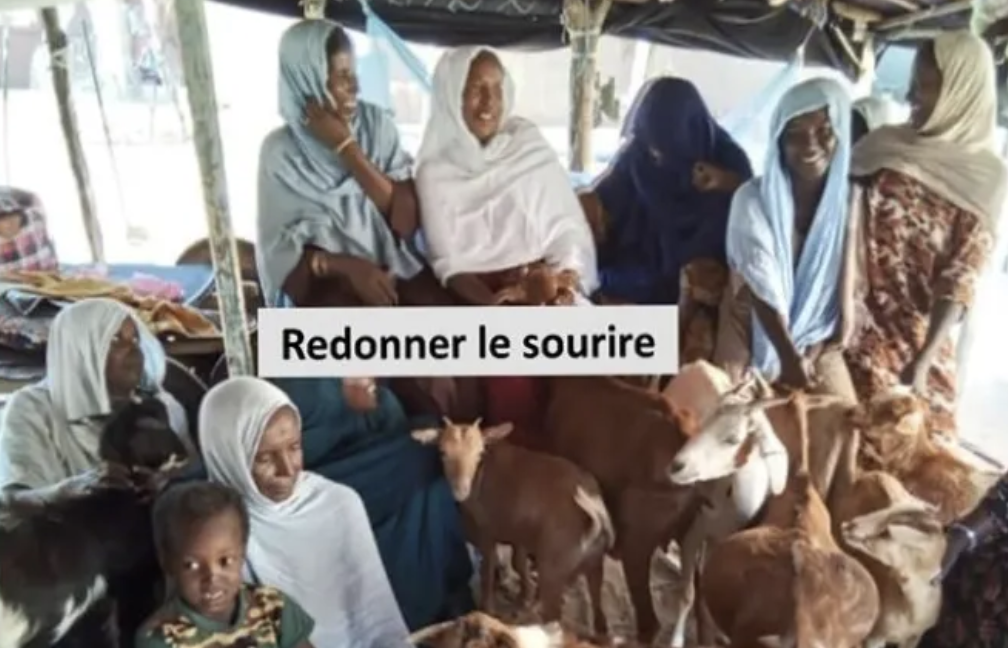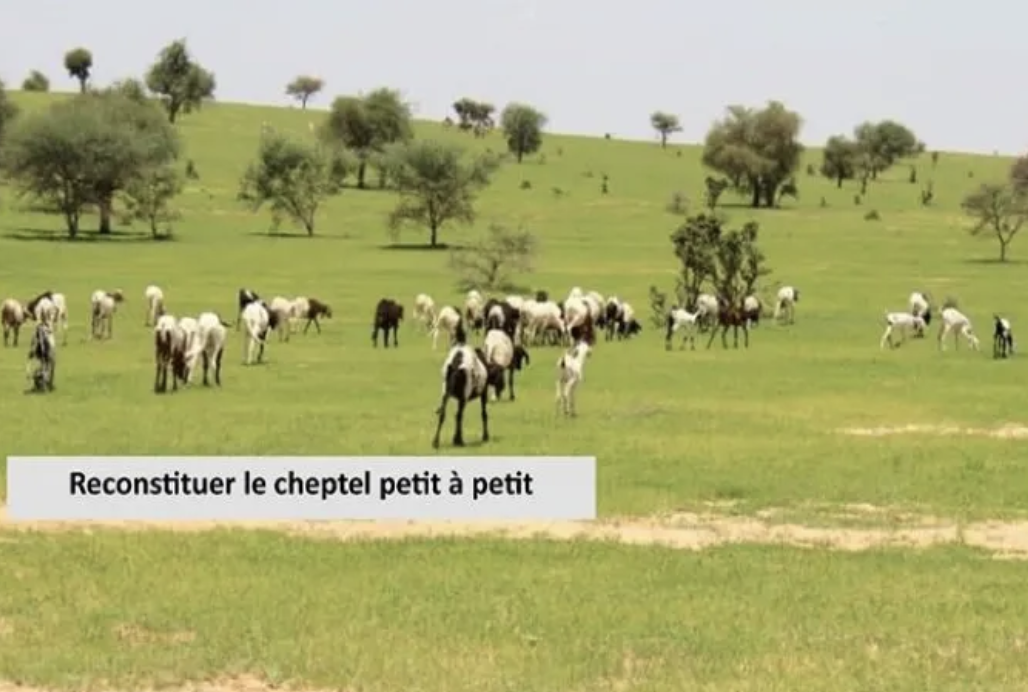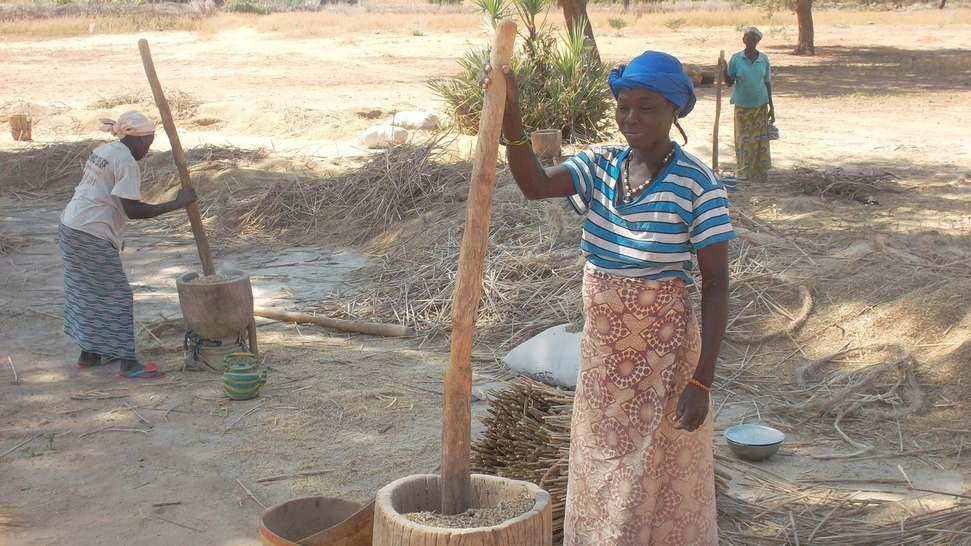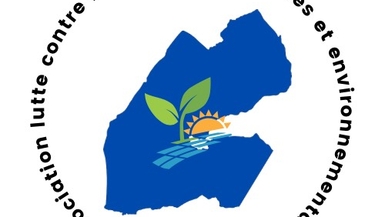Campaign Status
Ongoing Offline: The campaign is currently ongoing offline, and as a result, the fundraising process continues.
Summary
The campaign aims to empower 50 vulnerable women in Tchintabaraden with goat farming kits, solar-powered grinders, and cheese dryers to generate income and improve self-sufficiency in the face of climate challenges.
Challenge
The project has a central focus on alleviating the economic and livelihood challenges confronted by vulnerable women in the urban commune of Tchintabaraden, with specific emphasis on those who have been significantly impacted by the devastating 2021 floods. These challenges, stemming from the aftermath of the floods, have created a pressing need for targeted interventions to support and uplift the affected women.
The multifaceted nature of these economic and livelihood challenges encompasses various dimensions, including financial instability, disrupted income sources, and compromised access to essential resources. The 2021 floods have undoubtedly exacerbated these difficulties, leaving vulnerable women in a precarious situation.

Solution
Goat breeding is a crucial economic activity in the urban commune of Tchintabaraden, located in North Tahoua. In response to livestock losses suffered by vulnerable women due to climatic events, such as the 2021 floods, the NGO ACR has initiated a project focused on livestock reconstitution and technological innovations in Tchintabaraden. This project is directed at a women's group named TISTANTE, consisting of 50 beneficiaries. The group will receive integrated services, including goat kits, grinders, and cheese dryers, all powered by solar technology.

The implementation of this comprehensive project enables women to access goats and the products derived from these animals, such as milk, cheese, and multivitamin blocks. Private grinder services will generate income, helping them meet their needs and enhance their self-sufficiency, particularly in response to potential climatic challenges. The project leverages the high demand for cheese and the profitable market environment in the area and larger centers. Its overarching goal is to empower women in regions where livestock holds significant social and economic value, thereby addressing poverty in rural areas and bolstering community resilience, especially among women, in the face of climate-induced natural disasters. The project involves the participation of decentralized state services and local actors, with benefits extending to the broader population. Beyond securing food resources, this project will empower women to develop their technical and organizational skills for the efficient management of livestock.



